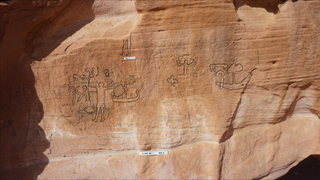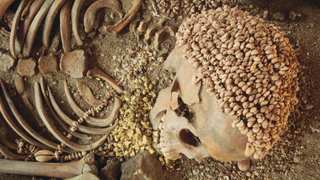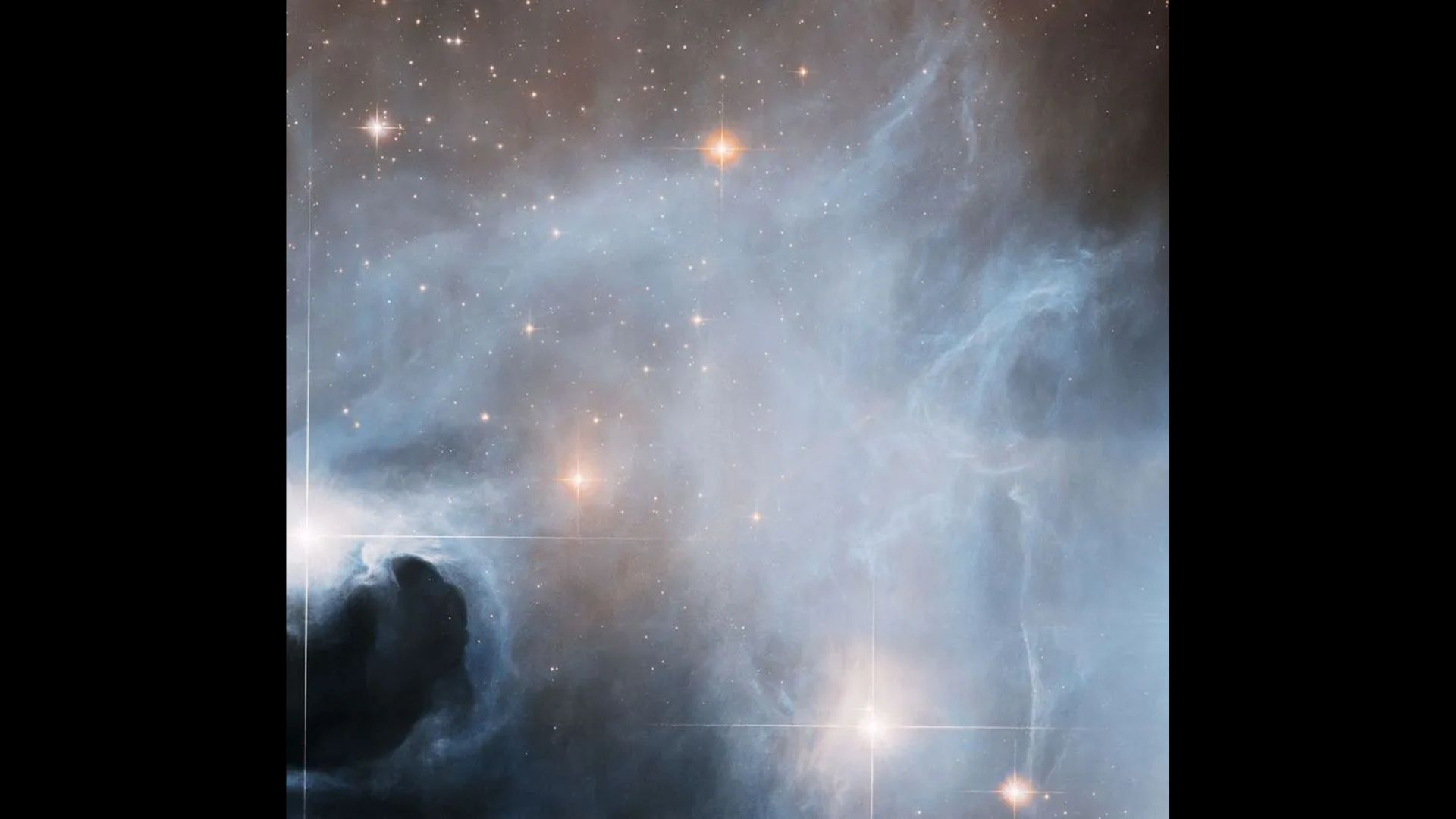Science News: Recent scientific discoveries and expert analysis
Read the latest science news and recent scientific discoveries on Live Science, where we've been reporting on groundbreaking advances for over 20 years. Our expert editors, writers and contributors are ready to guide you through today's most important breakthroughs in science with expert analysis, in-depth explainers and interesting articles, covering everything from space, technology, health, animals, planet Earth, and much more.

Explainers | Everything you need to know about the science news that matters.

Science Spotlight | Shining a light on new science transforming our world.
Latest news

Rare medieval seal discovered in UK is inscribed with 'Richard's secret' and bears a Roman-period gemstone
By Kristina Killgrove published
The Gosfield seal is made of a medieval silver seal bezel surrounding an ancient Roman gemstone.
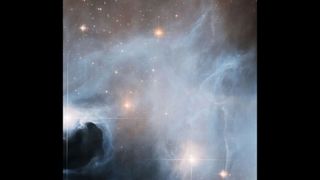
Stellar nursery bursts with newborn stars in hauntingly beautiful Hubble telescope image — Space photo of the week
By Jamie Carter published
A new image from NASA's Hubble Space Telescope shows the Lupus 3 cloud in Scorpius bursting with young stars that are forming within collapsing clouds of gas and dust.

Lifespan may be 50% heritable, study suggests
By Victoria Atkinson published
A new study suggests that lifespan might be 50% heritable — although for now, it's hard to know if the finding applies across diverse populations.
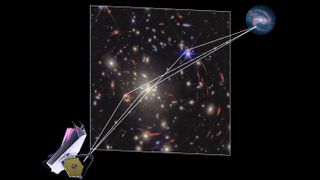
Astronomers spot 'time-warped' supernovas whose light both has and hasn't reached Earth
By Ivan Farkas published
Will two rare supernovas finally tell us how fast the universe is expanding? Perhaps, but we'll have to wait for it for them to 'reappear'.
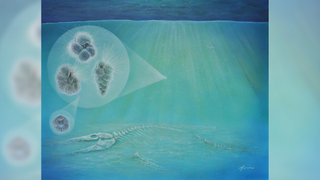
Life may have rebounded 'ridiculously fast' after the dinosaur-killing asteroid impact
By Skyler Ware published
After the asteroid smashed into Earth around 66 million years ago, it didn't take life that long to rebound, a new study finds.

AI swarms, mysterious Zapotec tomb, pancreatic cancer breakthrough and the growing threat of U.S. dam collapses.
By Ben Turner published
Science news this week Jan. 31, 2026: Our weekly roundup of the latest science in the news, as well as a few fascinating articles to keep you entertained over the weekend.
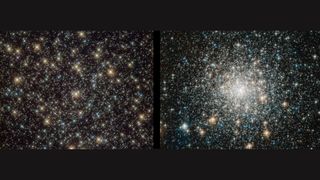
James Webb telescope solves mystery of 'forever young' vampire stars from the dawn of time
By Ivan Farkas published
Astronomers have discovered how "forever young" stars stay blue and bright despite being almost as old as the universe.
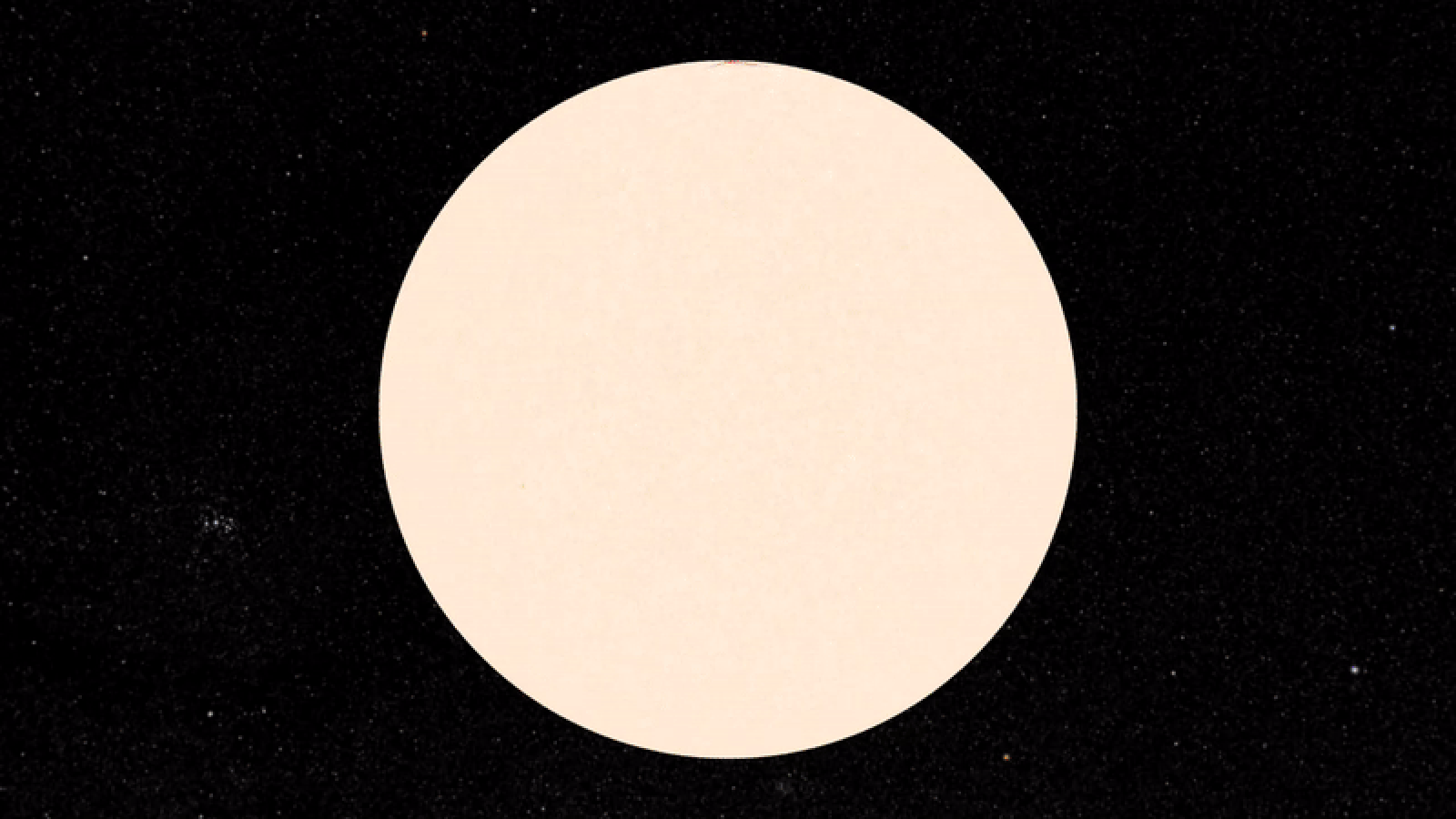
How long does it take the sun to rotate?
By Ashley P. Taylor published
The time it takes for the sun to completely rotate depends where on the sun you are measuring.

New triple-drug treatment stops pancreatic cancer in its tracks, a mouse study finds
By Zunnash Khan published
By targeting three key growth pathways at once, researchers eliminated pancreatic tumors in multiple mouse models and prevented the cancer from returning, a promising step toward overcoming treatment resistance.
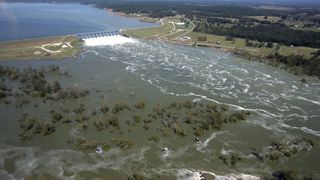
Thousands of dams in the US are old, damaged and unable to cope with extreme weather. How bad is it?
By Sascha Pare published
Dams in the U.S. are showing signs of damage that are worsening with age and climate change. Could satellites help prioritize repairs amid budget and inspection constraints?
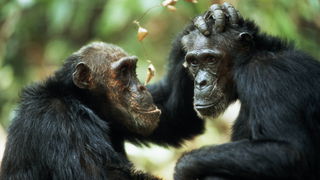
'Part of the evolutionary fabric of our societies': Same-sex sexual behavior in primates may be a survival strategy, study finds
By Olivia Ferrari published
A new study comparing 59 species of primates linked same-sex sexual behavior to scarce resources and more predators in socially complex species. The findings show diverse sexual behaviors are common — and likely beneficial in primates.
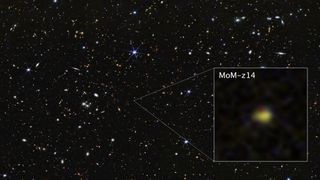
James Webb telescope breaks own record, discovering farthest known galaxy in the universe
By Skyler Ware last updated
The James Webb Space Telescope has confirmed the most distant, early galaxy in the known universe. The new contender, MoM-z14, is visible just 280 million years after the Big Bang.
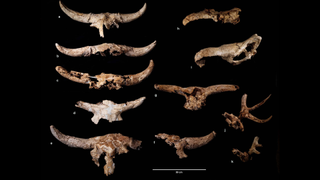
More than 43,000 years ago, Neanderthals spent centuries collecting animal skulls in a cave; but archaeologists aren't sure why
By Sophie Berdugo published
Neanderthals repeatedly returned to the cave to store horned animal skulls, revealing this cultural tradition was transmitted over time.
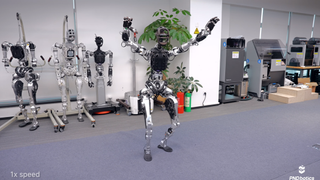
Watch awkward Chinese humanoid robot lay it all down on the dance floor
By Alan Bradley published
The model demonstrated remarkable precision, stability and speed across a highly complex dance routine.
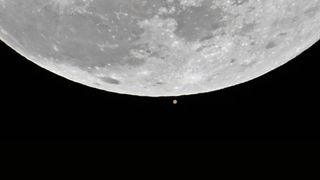
The Snow Moon will 'swallow' one of the brightest stars in the sky this weekend: Where and when to look
By Jamie Carter published
On the night of Feb. 2, skywatchers in eastern North America can see the moon occult Regulus — a rare event visible to the naked eye.

Halley wasn't the first to figure out the famous comet. An 11th-century monk did it first, new research suggests.
By Joanna Thompson published
An 11th-century monk saw the famous "Halley's comet" first as a child and later as an adult, new research finds.

South Carolina's measles outbreak nears 790 cases — making it the biggest in decades
By Nicoletta Lanese published
Nearly 790 people, primarily children, have been infected in South Carolina's ongoing measles outbreak, officials report.

NASA jet crashes in flames on Texas runway — taking it out of the Artemis II mission
By Harry Baker published
New footage shows one of NASA's WB-57 research jets spewing out flames and smoke as it skids across a runway during an emergency landing near Houston. The veteran aircraft was due to play a small role in the Artemis II mission.
Get the world’s most fascinating discoveries delivered straight to your inbox.
 Live Science Plus
Live Science Plus






